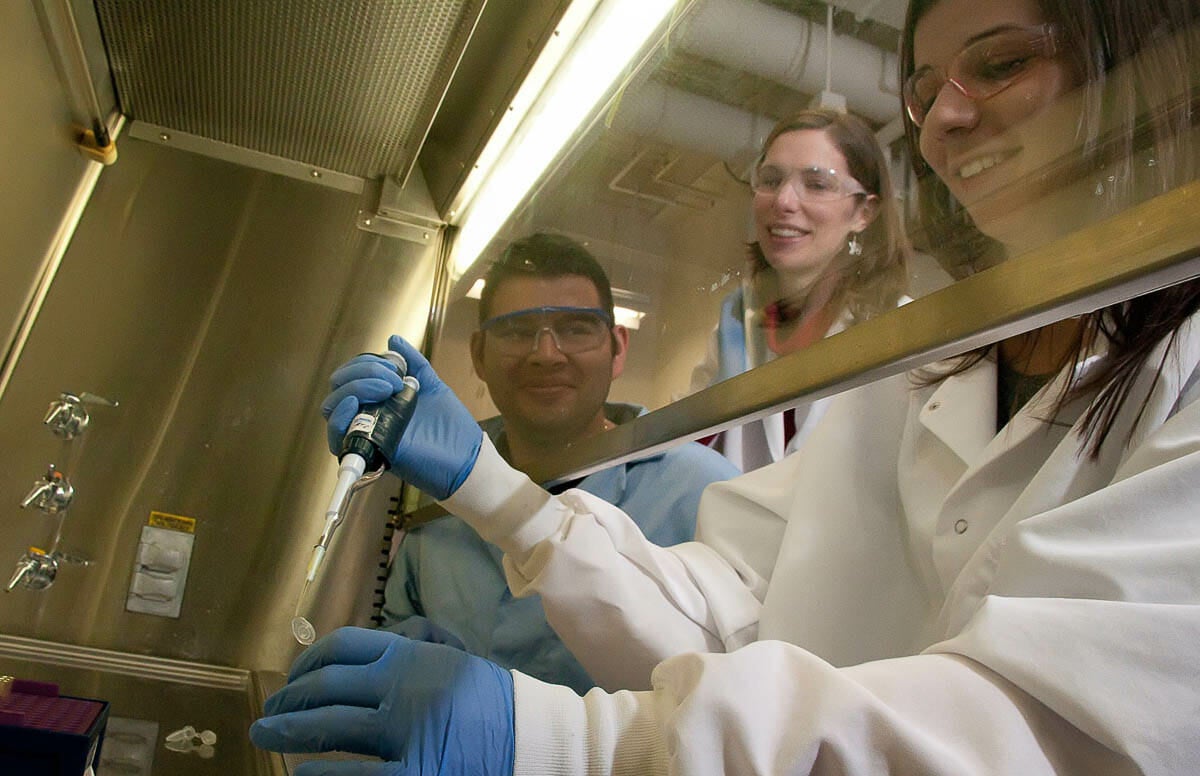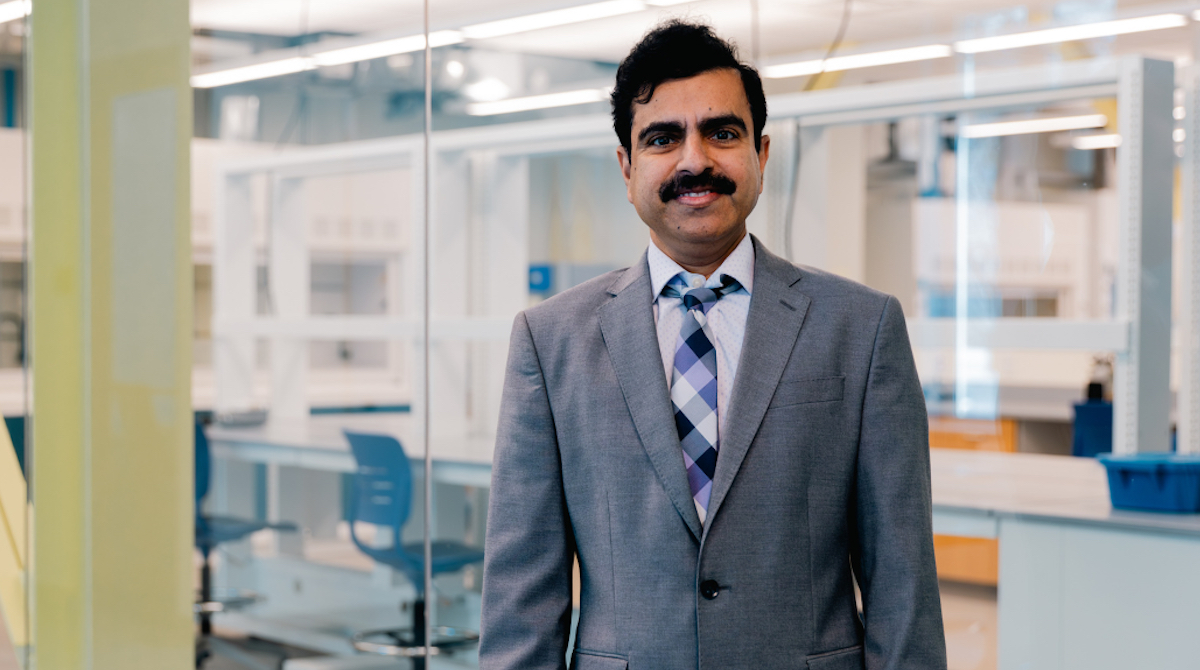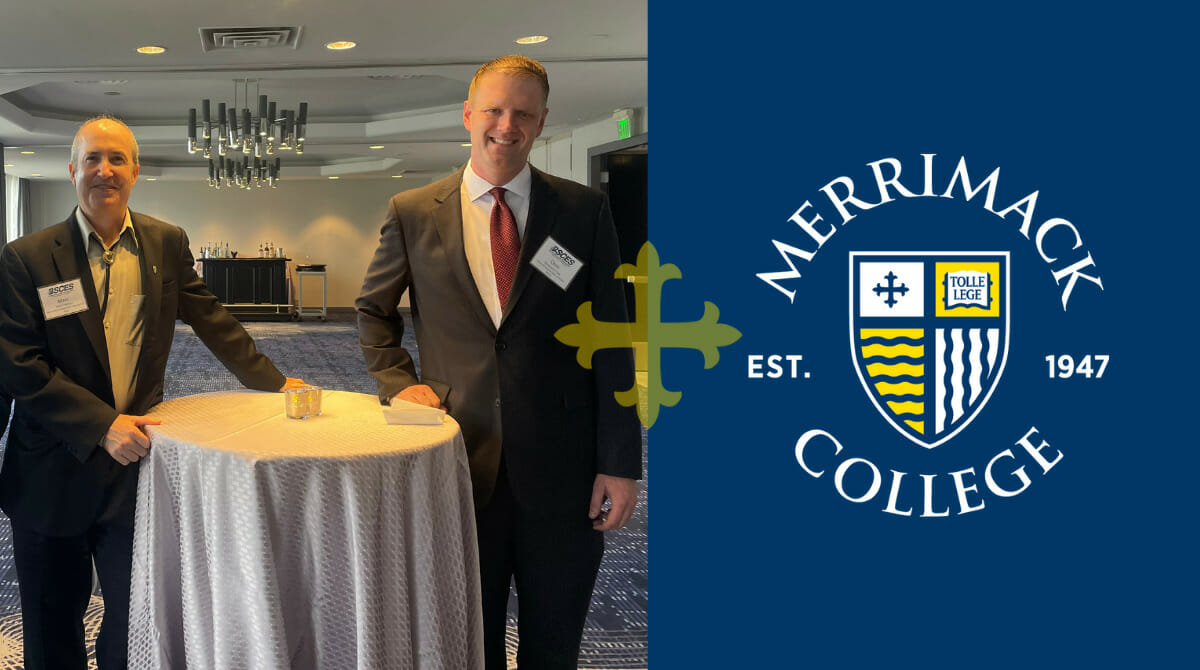Histoplasma capsulatum is a fungal pathogen that causes a respiratory disease and current treatments are limited. The anti-fungal drugs commonly used to treat histoplasmosis are toxic so Berkes’ and Franco’s discovery moves forward the research to develop new non-toxic drugs for treatment.
“One really great part of going to a big conference like this, that has scientists, doctors, biotechs from all over the place, people see your work and make connections (with their work) to help research go forward,” Berkes said.
Sorafenib is normally used to reduce growth of cancer cells but Berkes and Franco decided to test it for potential treatments of histoplasmosis as an alternative to developing new drugs. Students in the Biology and Biochemistry departments synthesized some chemicals that are new inhibitors of pathogenic fungus she’s been studying for years.
“It’s basically an example of a bigger strategy becoming popular out there — drug re-purposing,” Berkes said.
It’s expensive and difficult to get FDA approval for new drugs so researchers are starting to piggyback on approved drugs to learn if they can help in other areas, Berkes said.
Berkes’ and Franco’s work has identified some novel chemical compounds that work as inhibitors.
Berkes met another researcher at the conference with a larger collection of compounds that are related to the ones her team found. The other researcher is sending those compounds to Berkes free-of-charge for testing and if they work she and Franco will do further work on the mechanism of growth inhibition.
Research may ultimately include studies to understand how the drug Sorafenib works in cells.





